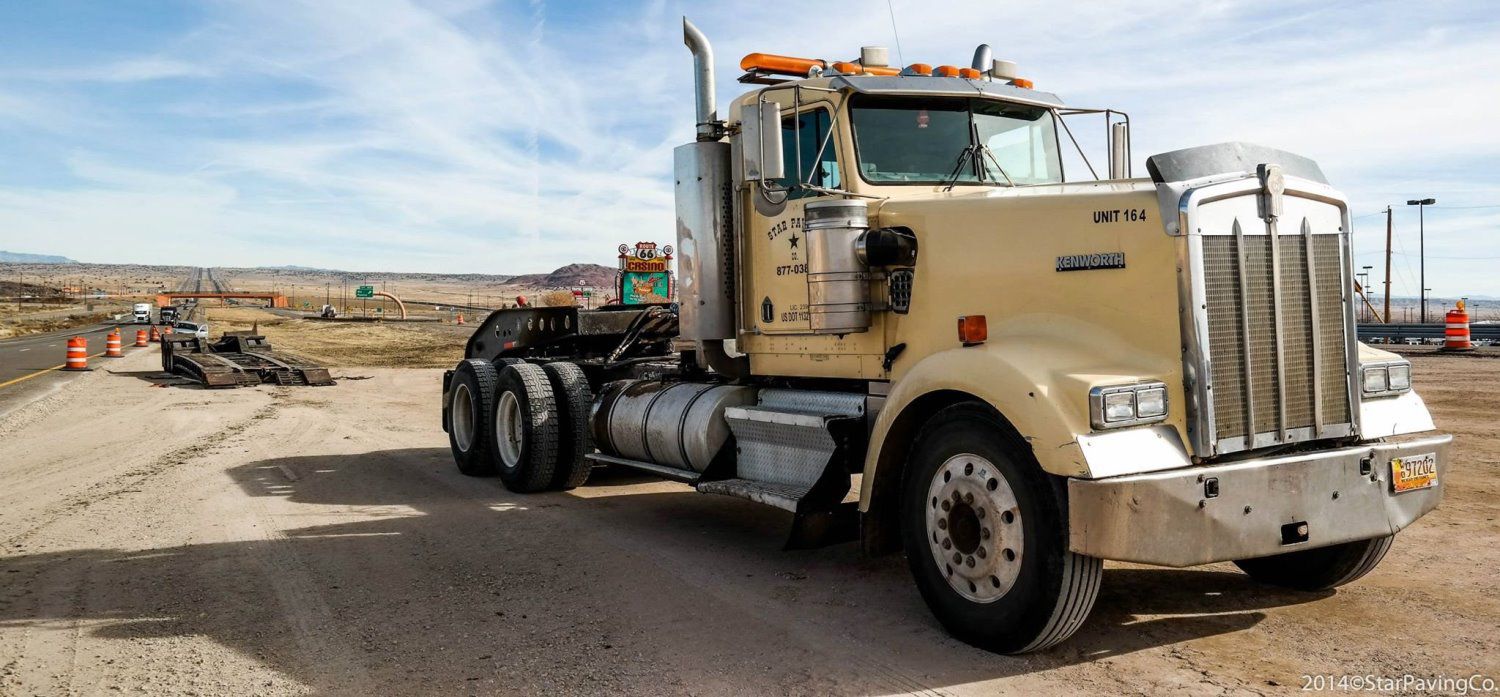


A new asphalt driveway provides a strong and reliable surface on which your cars can park. However, asphalt may suffer from various types of damage without a high-quality sealcoat. These sealcoats protect against the weather and elemental damage.
Learn more about how a sealcoat can protect your asphalt below. For more information about how to avoid asphalt damage, contact a paving professional.
Water is one of the most damaging elements to your asphalt driveway. Rain, snow, hail, and other types of water-related weather wear down the surface of an unprotected pavement surface. Even worse, water may also pool on your driveway in lower spots and cause damage over time that compromises the integrity of your pavement.
Thankfully, sealcoats create a protective layer that water typically cannot cross. This benefit is significant because water combines with many other asphalt problems to trigger even worse damage.
To get the most protection, update your sealcoating every two or three years. Avoid multiple sealcoat applications during this period as you may cause damage to the initial sealcoat.
The hottest months of the summer can hurt your asphalt in a couple ways. First, the UV rays can damage the surface of your pavement and cause it to break down. Secondly, the heat can absorb into the asphalt and cause it to expand, which creates bubbles, cracks, and other distortions.
Thankfully, a sealcoat can protect your driveway from heat and avoid serious damage. A sealcoat will reflect many UV rays back into the sky to keep your driveway strong. And, just as importantly, a sealcoat will hold the asphalt together more firmly to avoid bubbles, cracks, and other issues that may develop in the summer heat.
Though the extreme heat can be a problem for asphalt, the cold of winter can cause other types of damage. If water absorbs into your pavement – which adds even more moisture to its already existing water content – you’ll have trouble when temperatures get below freezing. Water expands into ice in the pavement, causing the asphalt to crack.
Thankfully, a good sealcoat will protect your asphalt from contraction in a variety of ways. First, it will prevent absorption and minimize how much water can expand in your pavement. Just as importantly, a sealcoat will hold your driveway together and keep the materials from excessive shrinkage or expansion during the cold seasons.
Driveways suffer from exposure to a variety of different fluids, such as oil, gasoline, grease, and even air conditioning fluid. All of these items can impact the surface of an asphalt driveway in a variety of ways when they soak into an unsealed surface and cause damage, stains, and other problems. Thankfully, a good sealcoat can avoid this problem.
A sealcoat on your asphalt driveway will block these fluids from your asphalt and make absorption impossible. Just as importantly, the sealcoat improves your ability to clean the surface of your pavement with methods such as pressure washers. In this way, you can break apart stains and even growths like mold from the surface of your asphalt. Your driveway will look better and last longer.
Although you may want to try adding a sealcoat to your driveway without professional help, you should still hire an expert to perform this step for you to ensure that everything goes smoothly. So if you're ready for a new driveway and you need someone to help, please don't hesitate to contact us at Star Paving today. We will work with you to apply a high-quality sealcoat that will keep your driveway strong for years to come.
Posted on 07/31/2019 at 08:55 AM